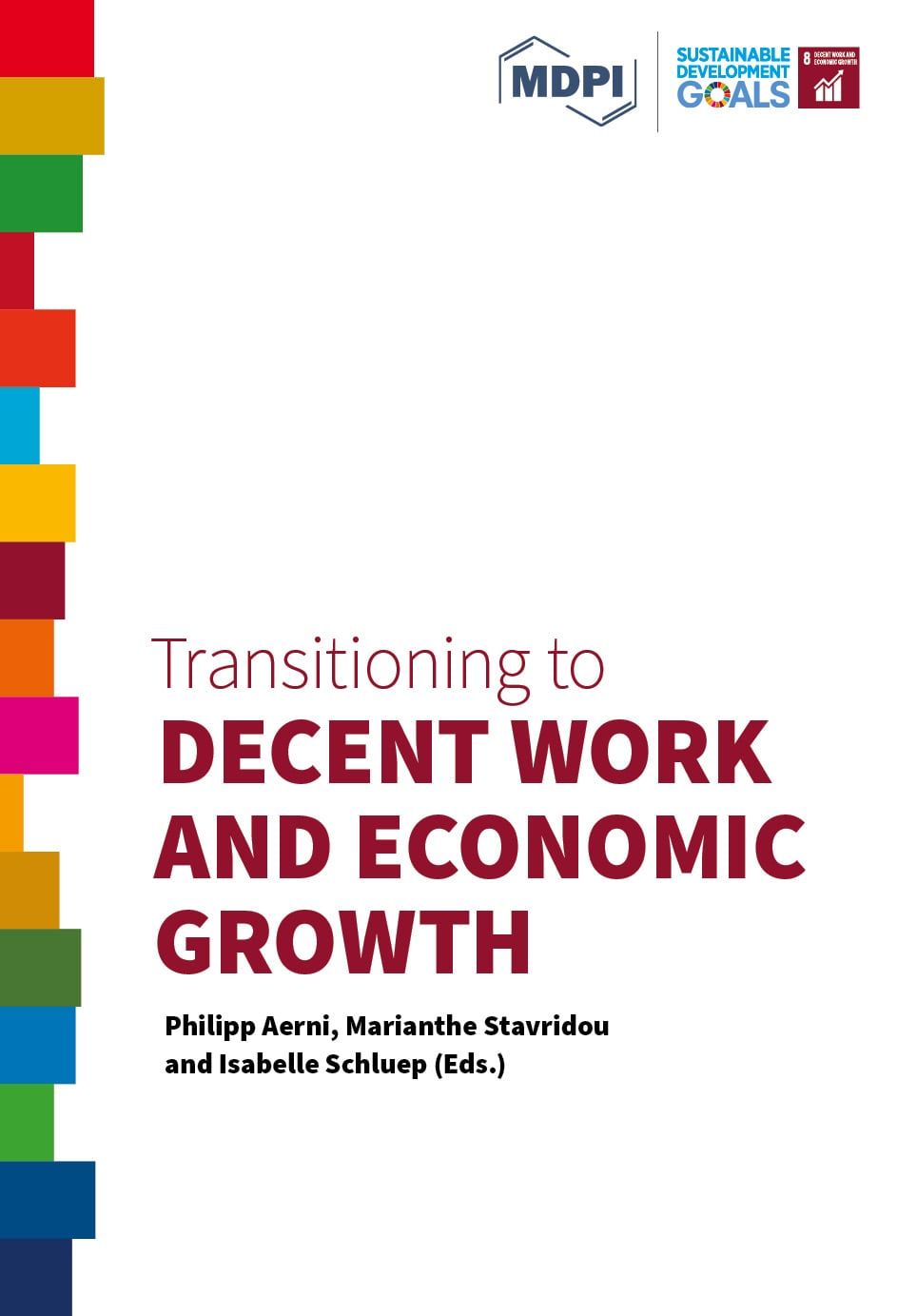Multilevel Sustainability Tensions of MNEs in Developing Countries
Abstract
Translating the global Sustainable Development Goals (SDGs) into the local context can be a challenging pathway. Promoting “inclusive and sustainable economic growth”, as advocated by SDG 8, can be fostered or hindered by relevant economic actors depending on global and local framing conditions. This is the case for subsidiaries of multinational enterprises (MNEs) operating in developing countries, which are confronted by highly regulated international standards and weaker local institutional settings. The global–local tension is complicated by the growing trend of MNEs to adopt their own Corporate Social Responsibility (CSR) guidelines. Ethical tensions faced by MNEs are not new in the literature; there is, however, limited knowledge on how a company’s guidelines are conceived in the global–local relationship. Additionally, the literature on CSR has been dominated by a win–win perspective, neglecting trade-offs inherent in the multifaceted nature of sustainable development. The following literature review aims to address the abovementioned knowledge gap, by exploring literature on tensions occurring between global ethical standards, local contexts and CSR guidelines faced by MNEs operating in developing countries, with a perspective on tensions happening in and between the three levels. The review is positioned in the international business ethics literature and brings together two distinguished debates on “business ethics and culture” and “trade-offs in CSR”. By investigating current discourses in the literature addressing multilevel tensions faced by MNEs, this chapter highlights research gaps and proposes new avenues of research. Additionally, five criteria are developed to guide the identification of relevant theoretical frameworks for empirical explorations of multilevel sustainability tensions faced by MNEs.
